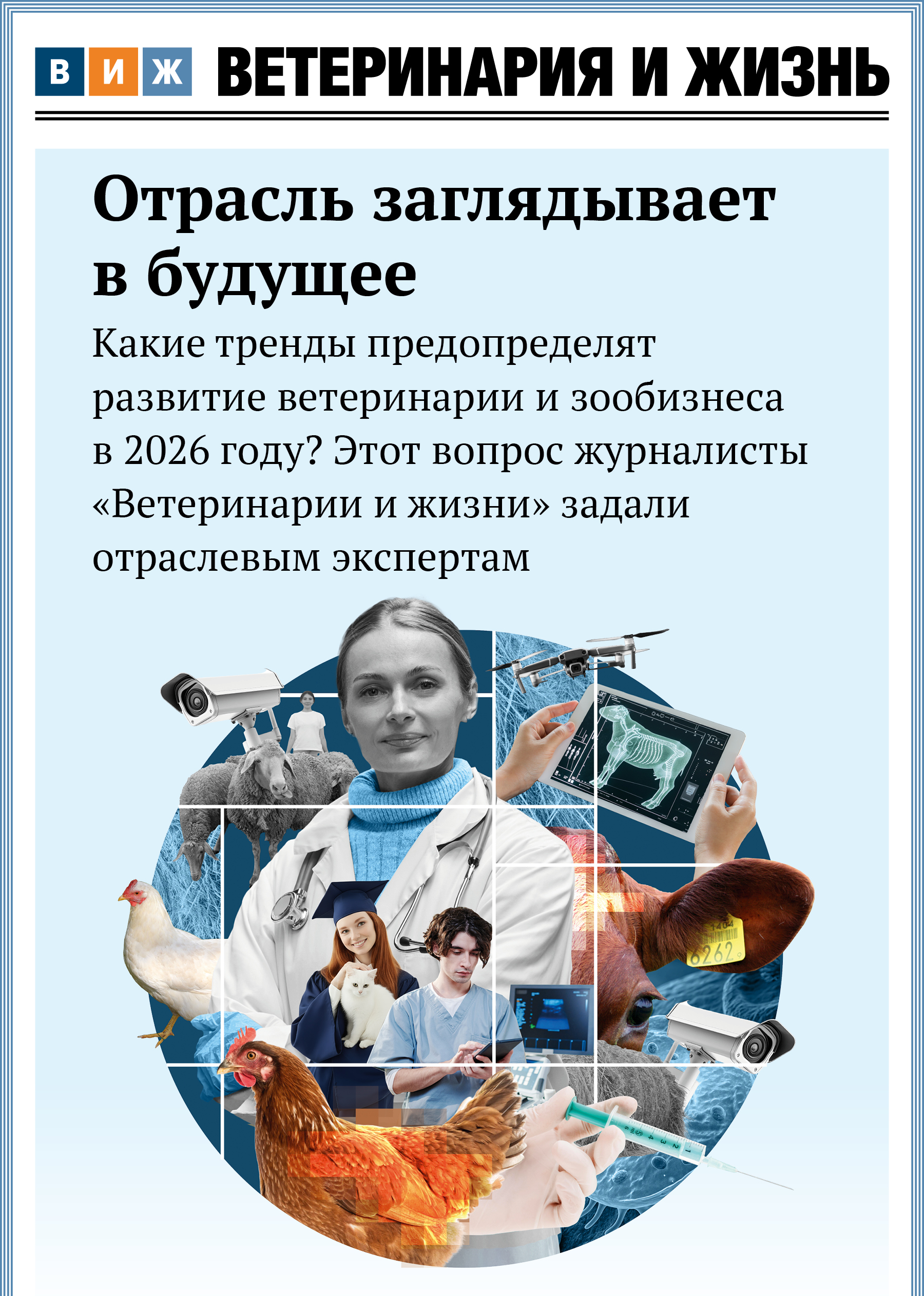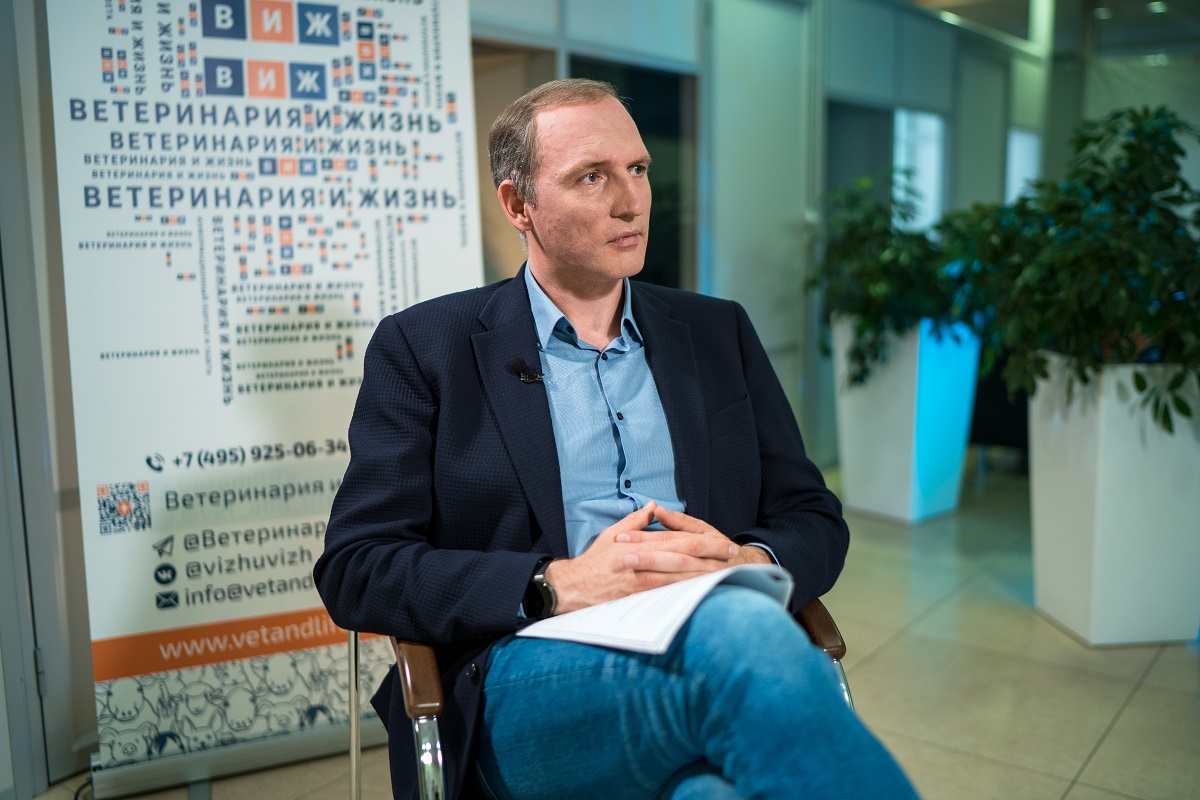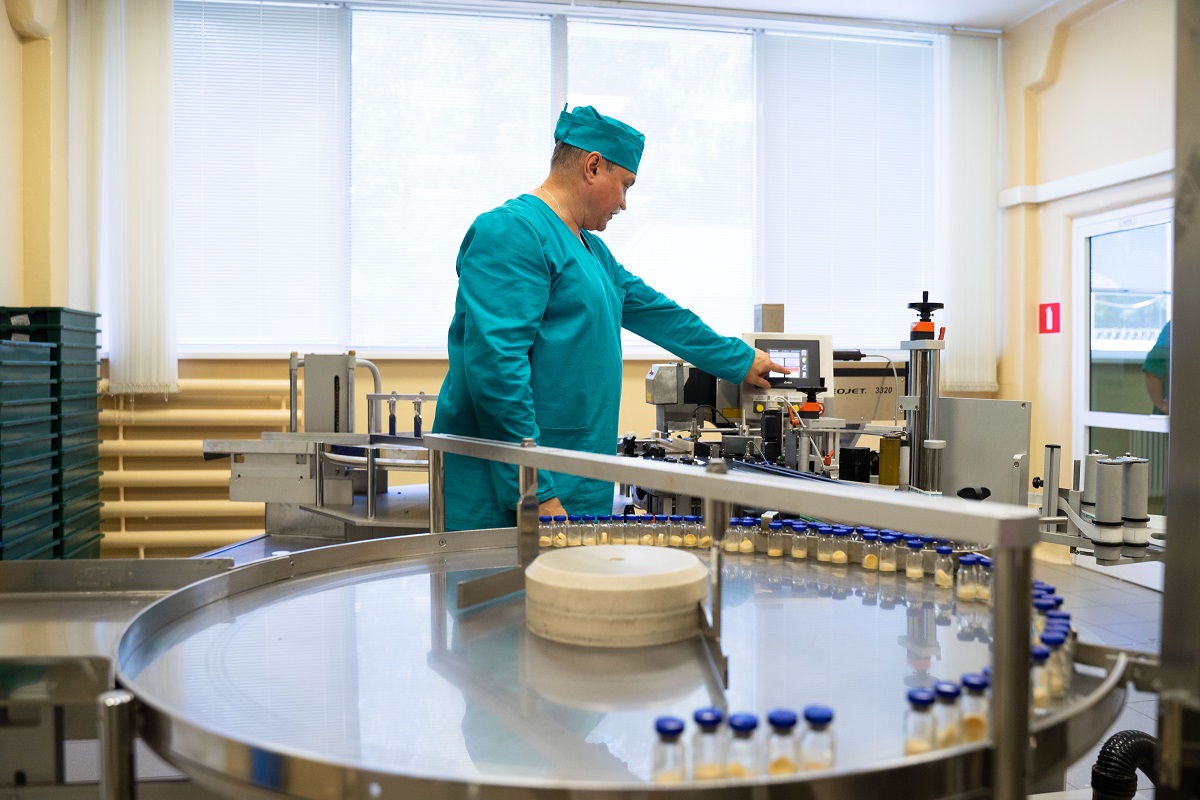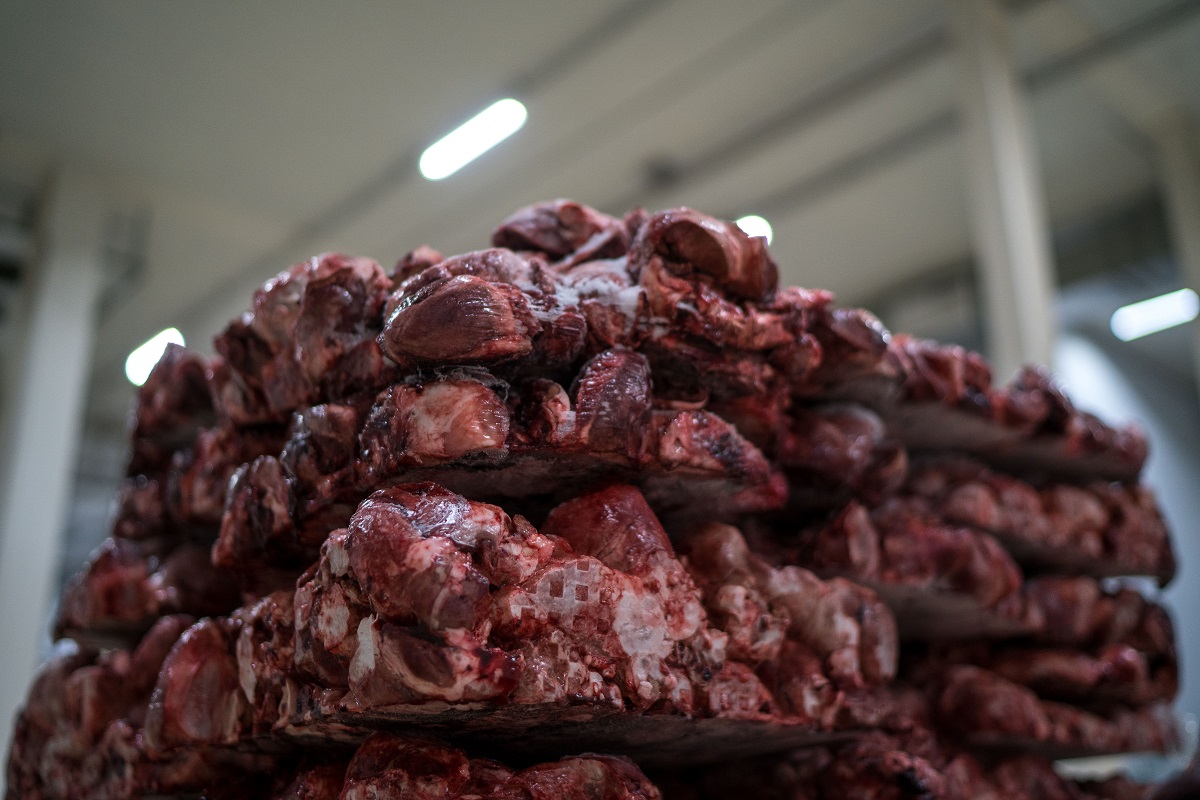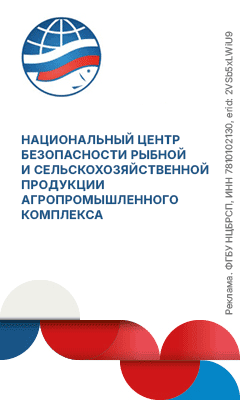Semyon Fedorovich, how would you evaluate in terms of foreign-made animal drugs supplies the current situation on the animal health market in Russia?
Semyon Zhavoronkov: According to data both analyzed inside the Association and published by Russian authorities, foreign supplies increased in August. We haven’t yet reached the figures of pre-Covid years in the absolute volume of imported doses, but the figures of the previous year and recent months have been confidently exceeded. However, there is a number of factors to be taken into consideration. First of all, we shouldn't rule out the possibility that these figures reflect the stockpiling made by large farms and distributors, willing to mitigate their risks. The shelf life of many drugs, including the most important vaccines, provides an opportunity for that. Secondly, if we go into detail, the data on volumes doesn’t provide information on medicines, intended for lesser groups of animals, as compared to, say, birds, which comprise 70% of import volumes.
AVPHARM has launched a hotline on the availability of veterinary drugs. What are the most frequent requests?
Semyon Zhavoronkov: AVPHARM indeed has a hotline operating since spring, which receives information on lack of access to medicines. Currently there is no available method for determining inventory shortages in veterinary medicine, as opposed to the human medications sector, so this channel allows collecting relevant information on probable challenges. Requests mostly come from consumers and veterinary clinics, less commonly from regional veterinary authorities. They ask for information on availability of diagnostic assays, consumables, and imported products for animal disease treatment and prevention.
Based on the structure of these questions, we can reveal the categories of medicinal products in demand (including some relatively “narrow” ICD codes), which don’t have substitutes on Russian market. They also ask about the products, withdrawn from the Russian market, and contemplate the willingness (provided the lack of alternatives) to purchase the necessary animal health products from abroad.
As for our views on the situation in general, we don’t record a dramatic shortage of drugs at the current moment.
Do AVPHARM member companies retain their supplies of the most important vaccines and veterinary chemicals and pharmaceuticals to the Russian market?
Semyon Zhavoronkov: Global companies keep their operations in Russia, just as they used to, and Russian teams make every effort to fulfill their responsibilities towards consumers, despite sanctions and transportation challenges, and in full conformity with legislation. The AVPHARM participants keep deliveries of all animal health products permitted for import into Russia.
What are the challenges faced at delivery of imported goods?
Semyon Zhavoronkov: Just as it was in spring, supply chain dynamics is influenced by transportation challenges. Thus, alternative shipping routes require more time and lead to additional expenses. Likewise, organizations keep facing difficulties with prompt deliveries of diagnostic assays and chemicals, necessary for certification procedures, and strains for deposit procedures.
Viewed globally, manufacturers of veterinary pharmaceuticals keep facing the consequences of COVID restrictions, that have affected some production stages, and also the global growth of demand for pet medications, caused by a significant increase in their numbers seen in recent years.
Where are the products supplied to Russia produced?
Semyon Zhavoronkov: AVPHARM represents the interests of the veterinary pharmaceutical industry on the Russian market, namely the companies working globally, which implies developing, producing and selling products all over the world. Animal health products are supplied to Russia from production facilities located in 12 countries, almost on every continent. Being part of all processes involving professionals from different countries allows global companies to accelerate the accumulation of experience and produce the most competitive products. And in general companies are united by their dedication to the development and implementation of innovative approaches in animal disease treatment and prevention and constant monitoring of the effectiveness of products across the countries they have been launched in.
Earlier, you named a number of objectives set by the Association. What has been achieved so far?
Semyon Zhavoronkov: From the very beginning, the Association considers animal welfare a priority, and stands for veterinarians to be free to choose adequate and appropriate diagnosis, prevention and treatment methods. This priority is unattainable apart from the idea of transparent and predictable development of animal health market with ensured safety and efficacy parameters. We communicate with regulatory authorities, participate in legislation discussions, prepare reviews of industry regulation efforts. In September we launched an open data section available for all operating and future participants of the industry, and containing a register of domestic and foreign production sites, that have been certified compliant with Good Manufacturing Practice requirements set by the EAEU countries. An open register of scarce drugs has been launched the other day. It represents our industry-wide measure of revealing and monitoring of inventory shortages. A market forecasting tool is to be launched in the fall.
What are the current tasks set by the Association?
Semyon Zhavoronkov: It is our intention to become a cross-functional platform enabling communication between global business, global science, and domestic consumers. To achieve this, the Association plans to bring together global pharmaceutical companies from the countries in the East and in the West, that share the priority of caring for animal welfare and are willing to participate in the development of common market of Russia and the EAEU countries. AVPHARM is currently launching accession negotiations with a number of companies operating in BRICS and G20 countries.


